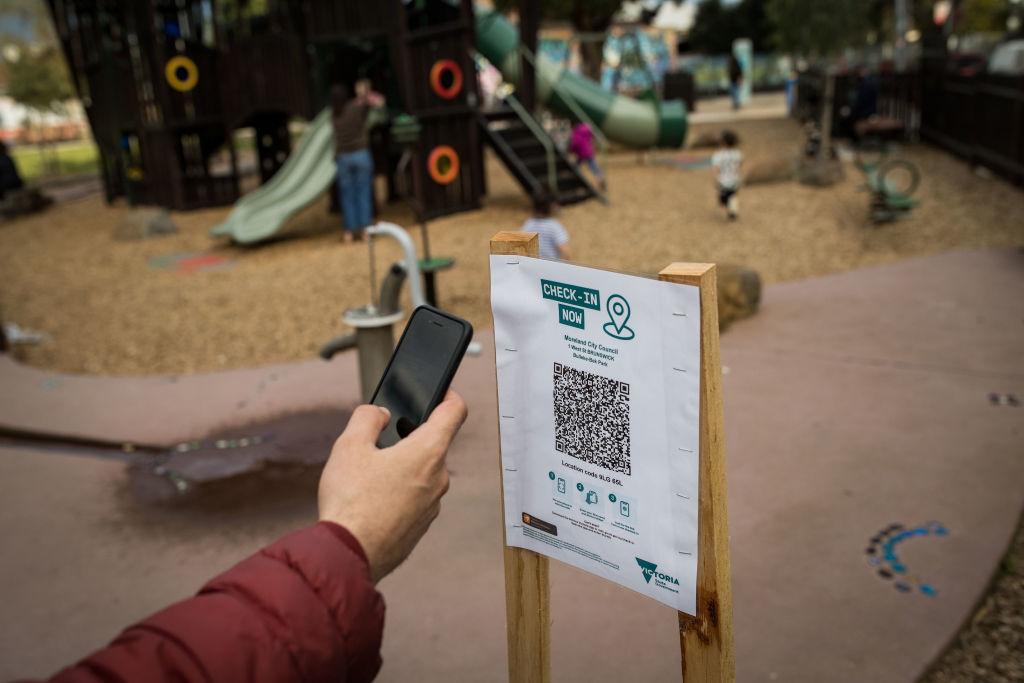Contact tracing information in the Australian state of Victoria is accessible to third parties despite earlier government assurances that the data was secure, according to recently unveiled court documents.
Victoria’s Acting Premier Jacinta Allan has since admitted that contact tracing information could be shared with third parties, such as police or government agencies, for public health purposes in “life or death” situations.





